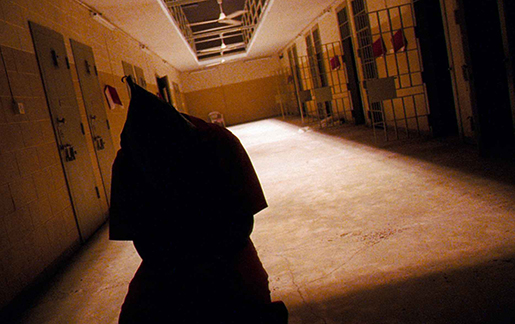Movie Review: XXY (2008)
![]()
What Is There Between Him and Her and/or Him?
Adolescence is a trial no matter what gender one is. The conflict can be so crippling that it damages and ultimately defines one as an adult. There have been many films, some good, about experiencing teenage angst and the need to break free or remain grounded. Either way can produce regret later in life. This film XXY has tread new ground by presenting a teenager whose entire identity, both internally and anatomically, is unusual to a majority of people. Funnily enough, the uniqueness of this case makes the experience all the more universal. The teenager is named Alex and is fifteen years old. Alex has a choice this summer that boggles one’s mind toward fantasy. The choice is whether Alex should resume the rest of life as male or female.
Alex is a hermaphrodite. Alex looks like a teenage girl but possesses the make-up of a boy that he/she has deluded with pills of estrogen. Alex is cared for by her parents Kraken (brilliantly played by Ricardo Darín) and Suli (Valeria Bertuccelli) who live, for their child’s sake, in a wooden turquoise cabin near the seaside in Uruguay after moving from Argentina. Her father works as an oceanographer who possesses a protectiveness, even for the wounded sea turtles he studies. The key for observing this challenging and brave film is by possessing the empathy that Kraken has. He is quiet, smart, unobtrusive, and lashes out only when someone endangers his child. Rarely has a father been portrayed on film with such loveliness.
There is an astonishing sequence late at night where Kraken seeks out a frank older man who presents pictures of himself as a child — pictures of girl! Kraken listens calmly and curiously to the difficult experiences of this struggling hermaphrodite. He is so involved with understanding his “daughter” that he is simply removed from prejudice: “Making her afraid of her body is the worst thing you can do to a child”. This character was so easy for me to gravitate towards. CONTINUE READING ►















